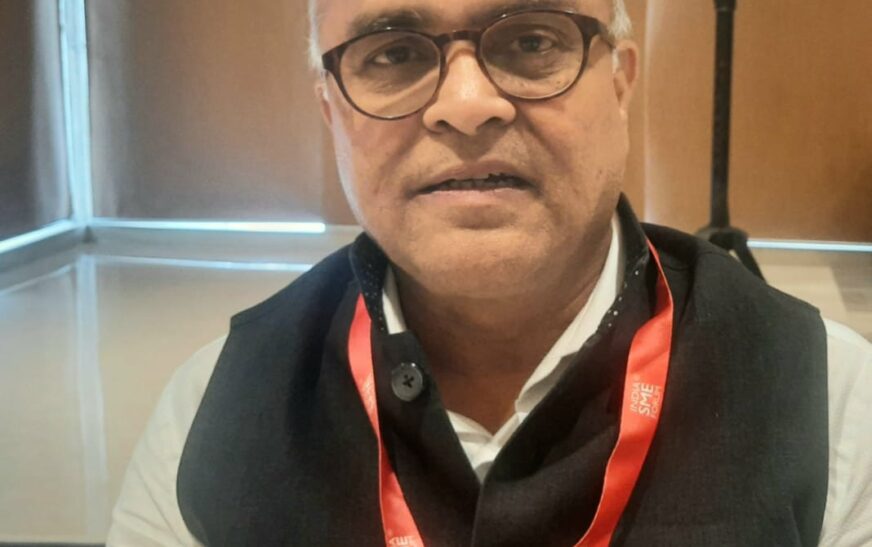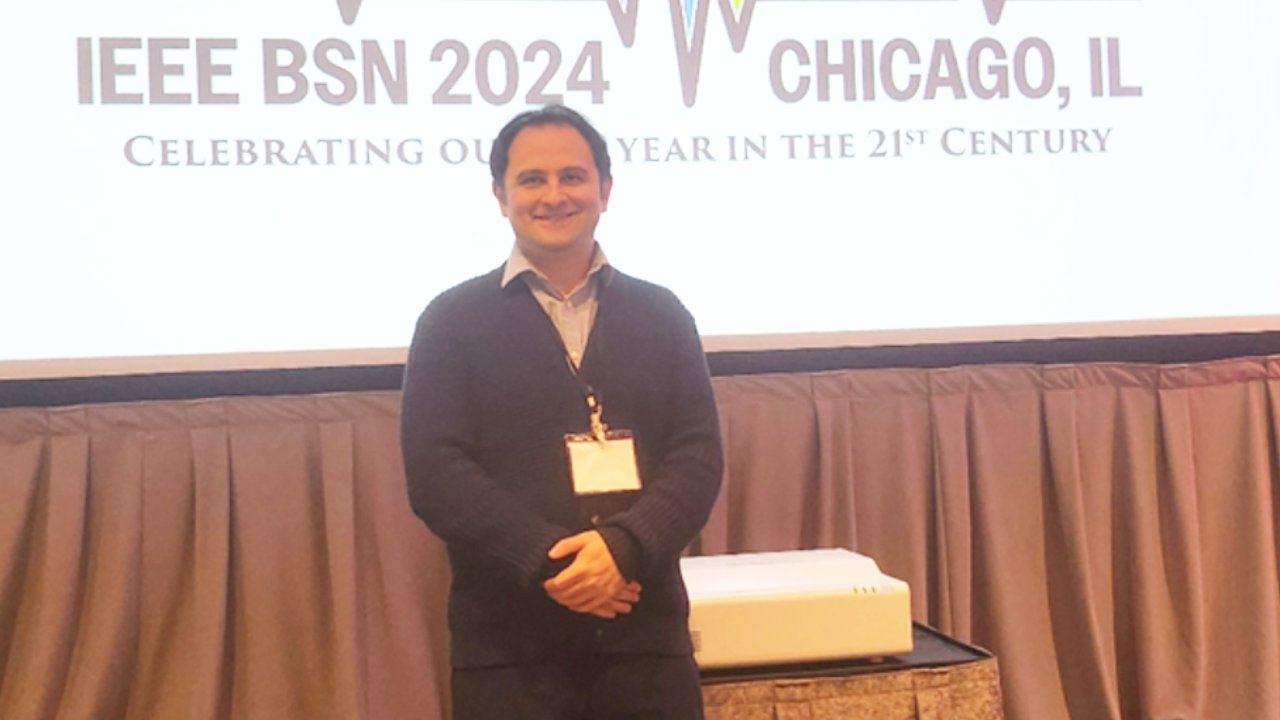The All India Stainless Steel Industries Association (AISSIA), founded in 1963 and based in Mumbai, commands authority as the definitive voice of India’s stainless steel sector. It unites manufacturers, traders, and exporters on a powerful platform. AISSIA actively drives the growth and widespread adoption of stainless steel across diverse Indian industries. Through assertive policy advocacy and targeted strategic initiatives, the association confronts critical industry challenges directly.
Furthermore, AISSIA cultivates essential networking and collaboration among its members, enhancing their competitive advantage. By championing innovation and spearheading market expansion, it elevates the stature of India’s stainless steel industry on both domestic and global stages. This unwavering commitment secures sustained progress and resilience amid a rapidly evolving market landscape.
In an exclusive dialogue with The Interview World at the Bharat Quality Mission conference—focused on enabling MSMEs for global competitiveness and organized by the India SME Forum—Sailesh Shah, President of AISSIA, addresses pressing concerns raised by BIS about the quality of steel products in India. He evaluates India’s global standing in steel product standardization, outlines how his organization is navigating regulatory hurdles, and projects the steel industry’s trajectory over the next five years.
Below are the key insights from his compelling discussion.
Q: Could you please elaborate on the concerns raised by BIS regarding the quality of steel products in the country?
A: We have been manufacturing utensils for the past 60 to 70 years without a single complaint about material leaching. Our raw materials are strictly BIS-approved, and we adhere to using only these materials in production. Importantly, the chemical composition of our utensils has remained unchanged. So, the first question is: why is BIS targeting us now?
If the issue stems from WTO compliance, we accept the need for regulation. However, such regulation must be reasonable and product-specific. For example, products like serving ware, tableware, and storage ware do not require exhaustive lab testing. Initially, after our intervention as stakeholders, BIS revised their conditions to focus only on measurement tests. Yet, they still demand third-party testing before issuing licenses. This raises a major concern.
We propose that where no tests are mandated, BIS should issue provisional licenses upon application. This provisional period should continue until the standards and sizes are finalized, and formal licenses can be granted.
Additionally, the marking fee currently stands at 25 paise per unit, calculated per kilogram, which is disproportionately high compared to other products. Furthermore, the license fee for the first time is ₹50,000, even though micro-enterprises receive an 80% discount. Given that one category alone can have 1,000 to 2,000 items across six categories, manufacturers must pay these fees multiple times. Even with discounts, a micro manufacturer ends up paying around ₹50,000 to ₹60,000 to BIS.
To make matters worse, many manufacturers require consultants to fill out the complex application forms, adding more cost. Ultimately, a single manufacturer faces startup expenses nearing ₹100,000 just to comply.
If BIS enforces these requirements immediately without issuing timely licenses or sales permissions, many factories will be forced to shut down once implementation begins. These are our genuine concerns.
Therefore, we request a reasonable grace period. We also seek exemption for micro-enterprises with turnover up to ₹10 crores, or a clear definition of “micro.” Once we familiarize ourselves with the system, BIS can consider extending compliance to micro-enterprises if necessary.
Q: Standardization is essential to achieve global competitiveness. Where does India currently stand in terms of standardization of steel products?
A: What are the global standards for utensils? The only universally accepted requirement is food-grade quality. Yet, here, the top leadership at BIS insists on “Indianizing” these standards. They have modified the British Standards, dictating specific dimensions like height and thickness. Why not leave such choices to the consumer? If someone prefers a particular size or thickness, that should be their decision.
As long as the material is food-grade, there is no cause for concern. The raw material is already subject to strict BIS approval, ensuring consistent quality. Beyond that, no additional requirements exist anywhere else in the world.
Q: How is your organization addressing the regulatory challenges of steel industry?
A: We are actively raising our concerns with the government, seeking clarity on the exact requirements for utensils—only utensils, not the raw materials. As manufacturers, we want to know the specific standards we must meet. Although the standards have been revised to accommodate manufacturers, our main concern now is the overwhelming documentation.
The volume of paperwork they demand serves no clear benefit to the consumer. How does preparing, recording, and maintaining these documents improve product quality or consumer safety? It simply does not.
Instead of wasting time on excessive record-keeping, we should focus on delivering superior quality at competitive prices. That approach builds stronger relationships with customers. Maintaining piles of documents only creates an administrative burden, without tangible value for anyone except inspectors—who often use these records as leverage during visits.
This system wastes our resources and does nothing to enhance the consumer experience.
Q: How is the steel industry currently growing in the country, and how do you envision its future over the next five years?
A: One important fact to understand is that the raw material we use today—the 200 series stainless steel—was invented in India in the 1980s. Before that, it simply did not exist. This innovation gives us a significant competitive advantage.
Globally, this material is recognized for its unique composition: by reducing nickel and slightly adjusting chromium, we retain the utensils’ non-magnetic properties. This combination offers both quality and cost benefits.
Today, the 200 series is widely accepted worldwide, largely because it is more affordable. Moreover, as the global supply chain shifts focus away from China, India stands poised to capture a substantial share of this market.
The potential for growth is enormous—provided we have access to adequate land, financing, and strong government support. However, abrupt legislative mandates like compulsory BIS certification with little notice create barriers. Such sudden enforcement risks discouraging entrepreneurs, who may exit the industry altogether.









1 Comment
Well said yet more amendments to come which are basic and are unanswered need total clarity on input raw material specifically for triply material as of now none of the company producing triply material has been awarded BIS certification in the world by authorities if this is the situation till then the implementation of BIS standards on triply cookwares should be place in abeyance